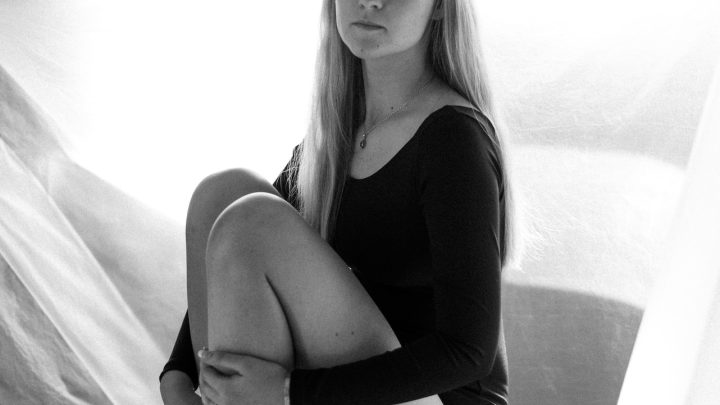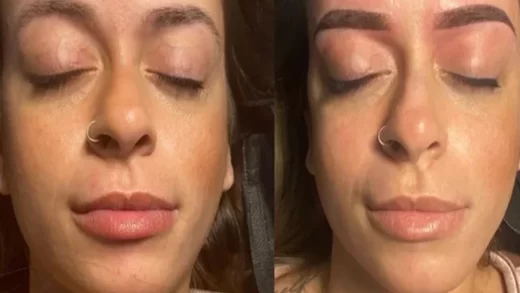When it comes to enhancing your eyebrows and achieving a fuller, defined look, microblading and microshading are two popular techniques to consider. Both of these semi-permanent makeup procedures offer solutions for those looking to improve the shape and density of their eyebrows. However, each technique has its own unique qualities and benefits. In this article, we will explore the differences between microblading and microshading to help you make an informed decision on which technique is better suited for you.
What is Microblading?
Microblading is a technique that uses a manual handheld tool with fine, sterile needles to create natural-looking hair strokes on the eyebrows. The process involves depositing pigments into the superficial layers of the skin, resulting in realistic-looking eyebrows. Microblading is a great option for individuals with thin or sparse eyebrows who want to achieve a more defined and fuller appearance.
What is Microshading?
Microshading, also known as powder brows or ombre brows, is a technique that uses a handheld device with a fine needle configuration. Instead of creating hair strokes, the needle deposits pigments in a shading or stippling motion to create a soft, powdered effect. This technique is suitable for individuals who desire a more filled-in, structured, and makeup-like finish to their eyebrows.
Choosing Between Microblading and Microshading
Choosing between microblading and microshading depends on your personal preferences, skin type, and desired eyebrow look. Here are some factors to consider:
1. Skin Type
Microblading is generally recommended for individuals with normal to dry skin. The technique may not retain well on oily skin as the excess oil can cause the pigment to fade faster. On the other hand, microshading can work well on all skin types, including oily skin.
2. Natural vs. Dramatic Look
If you prefer a more natural-looking brow, microblading is an excellent choice. The hair stroke technique mimics the appearance of real eyebrow hair for a subtle enhancement. Microshading is better suited for those who desire a bolder and more defined look, similar to the appearance of makeup.
3. Maintenance
Microblading typically requires more frequent touch-ups compared to microshading. The individual hair strokes created with microblading can fade quicker and may need to be refreshed every 1-2 years. Microshading tends to last longer and may only require touch-ups every 2-3 years.
4. Pain Tolerance
Both microblading and microshading involve some level of discomfort, but everyone’s pain tolerance is different. Microblading may be slightly more uncomfortable as it involves creating small incisions in the skin, whereas microshading feels similar to a gentle scratching sensation. A topical numbing agent can be applied before the procedure to minimize any potential discomfort.
Ultimately, the decision between microblading and microshading depends on your personal preferences and desired eyebrow look. Microblading offers a natural and subtly enhanced appearance, while microshading provides a more defined and makeup-like finish. Consider your skin type, desired maintenance level, and pain tolerance when making your choice. Consulting with a professional and experienced technician can also help you decide which technique is better suited for your specific needs. Whether you choose microblading or microshading, both techniques can help you achieve beautiful, well-defined eyebrows.



